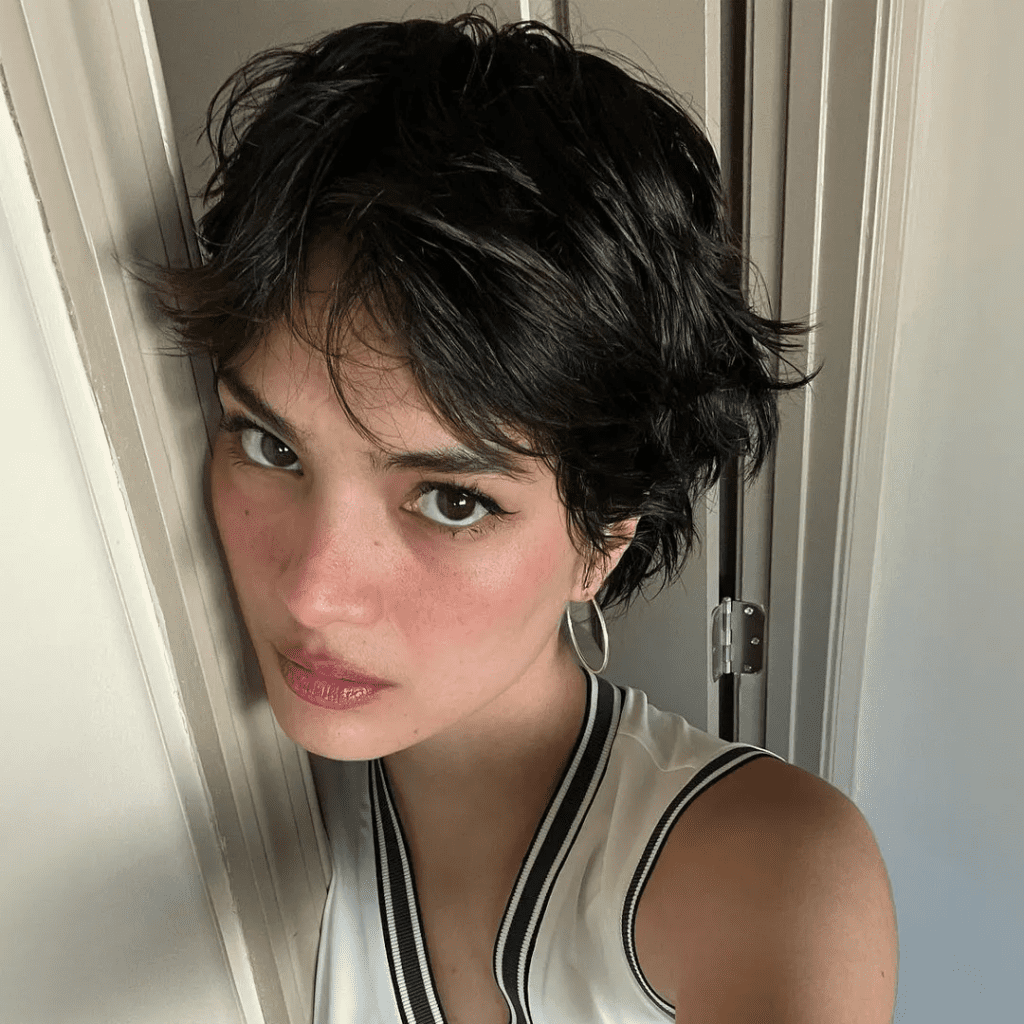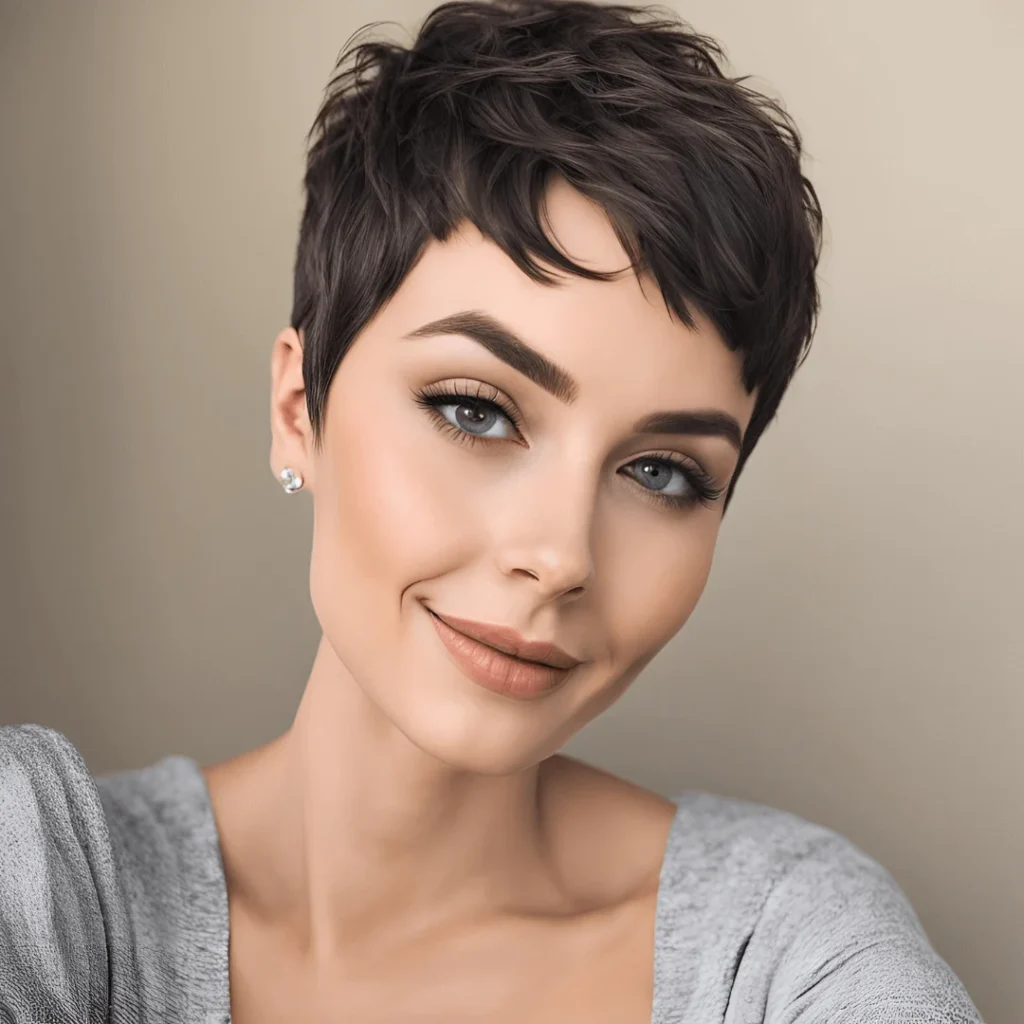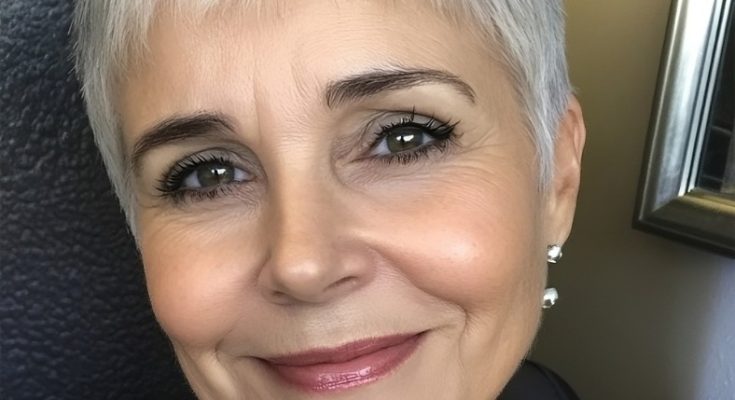My Husband Says I Look “Awful, Like A Man” Because Of My New Haircut. Is it really that bad?
The Struggle with Society’s Beauty Standards
It’s no secret that society has a narrow view of what makes a woman beautiful. The portrayal of femininity in media consistently equates long, flowing hair with beauty and desirability. If you go against this standard by cutting your hair short, you’re often met with resistance. This response usually comes from men, who have been conditioned to associate long hair with femininity and youth.
When I walked into the office the next day, I noticed the mixed reactions right away. A few women complimented my new look, saying it looked chic and fresh. But a male colleague looked puzzled and remarked, “I just don’t get why women want to cut their hair so short.” It was then that I realized the divide in perceptions and how hair length somehow defines femininity in the eyes of many.
Why Are Men So Opinionated About Women’s Hair?
It’s fascinating that men often feel compelled to express their opinions about women’s hair. But why does it matter so much to them? Dr. Alexander Edmonds, a professor of social anthropology, suggests that hair serves as a marker of gender identity. When a woman cuts her hair short, it can be seen as a transgression, a defiance of traditional gender expectations. It’s as if by cutting our hair, we’re challenging the status quo and sending a message that we aren’t here just to please.
Historically, long hair on women has been seen as a symbol of passivity, femininity, and even submissiveness. Short hair, on the other hand, is perceived as bold, rebellious, and sometimes intimidating. Men, who may feel more comfortable with traditional roles, might interpret a drastic haircut as a sign that a woman is stepping out of her assigned box. As trivial as it may seem, a haircut can stir up complex emotions and reactions.
The Double Bind: Professionalism vs. Femininity
In professional settings, this double standard becomes even more apparent. Many women find that a polished, shorter haircut conveys professionalism and authority. Studies, like those conducted by Professor Mary Bock, show that women in fields like broadcast journalism are often encouraged to keep their hair short or medium-length. This is because short hair aligns with the idea of a “serious” look, one that exudes competence and capability.
Ironically, while men may express a preference for longer hair, in corporate environments, the very same long hair can be seen as a liability. It’s as if we’re expected to toggle between being feminine and being taken seriously, but rarely allowed to embody both.
Facing the Criticism and Finding Empowerment
At first, my husband’s comments hit hard. Hearing someone you love critique your appearance can be painful, and it’s easy to start doubting yourself. However, over time, I’ve come to understand that his reaction has little to do with me and everything to do with his own conditioned beliefs. Beauty isn’t one-size-fits-all, and I don’t have to adhere to a narrow standard to feel beautiful.

Every time I look in the mirror now, I see a strong, independent woman who took a chance and embraced change. I’ve noticed that women who choose to cut their hair short often face similar reactions, from puzzled looks to unsolicited opinions. Still, many find it to be a liberating experience that ultimately boosts their confidence. As I’ve settled into my new look, I’ve also gained a new sense of freedom — freedom from caring too much about what others think.
Breaking Free from Cultural Norms and Stereotypes
In many cultures, women’s beauty is often linked to their hair. Long hair has been associated with youth, fertility, and even moral purity. In the West, for example, short hair on women was once seen as a mark of disgrace or deviance. During World War II, French women accused of fraternizing with Nazis were publicly shamed by having their heads shaved. Although times have changed, some of these stigmas persist, albeit in more subtle forms.
Women, especially women of color, face even more pressures regarding hair. The beauty ideal that emphasizes long, flowing locks can be challenging to attain for some women, who might spend considerable time and money to achieve it. In recent years, the natural hair movement has gained traction, allowing Black women to embrace their natural textures. By rejecting beauty standards that are often unrealistic and unattainable, these women are reclaiming their right to define their own beauty.
A Haircut is More than Just a Style Choice
Ultimately, my haircut was more than a style decision; it was a statement. It’s a reminder that I’m in control of my body, my choices, and my life. And while the people around me may not always approve, that’s okay. At the end of the day, I get to define what makes me feel beautiful, confident, and empowered.

Conclusion: Embrace Your True Self, Hair and All
If you’ve ever hesitated about making a bold change to your appearance, remember that you don’t owe anyone an explanation. Our hair doesn’t define us — our character, our actions, and our sense of self do. Embrace what feels right for you, regardless of the opinions others may have. The journey to self-acceptance may not always be easy, but it’s worth every step. I love my new look, and even if my husband never comes around, I know I made the right choice for myself.
